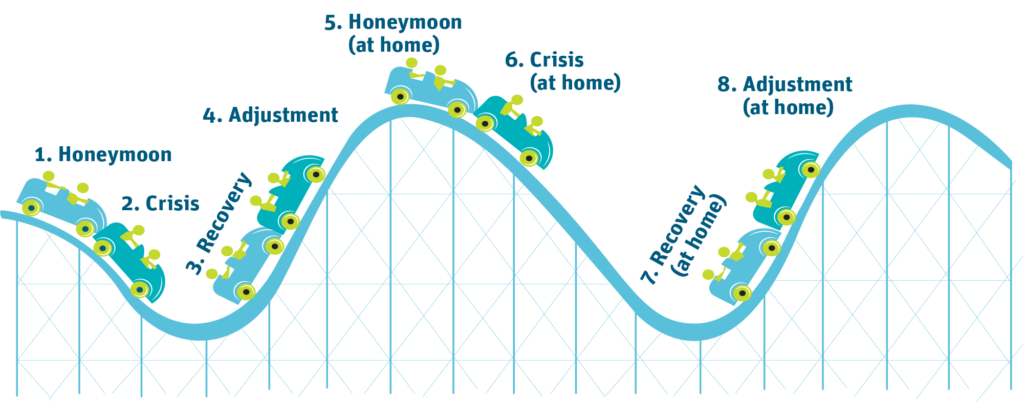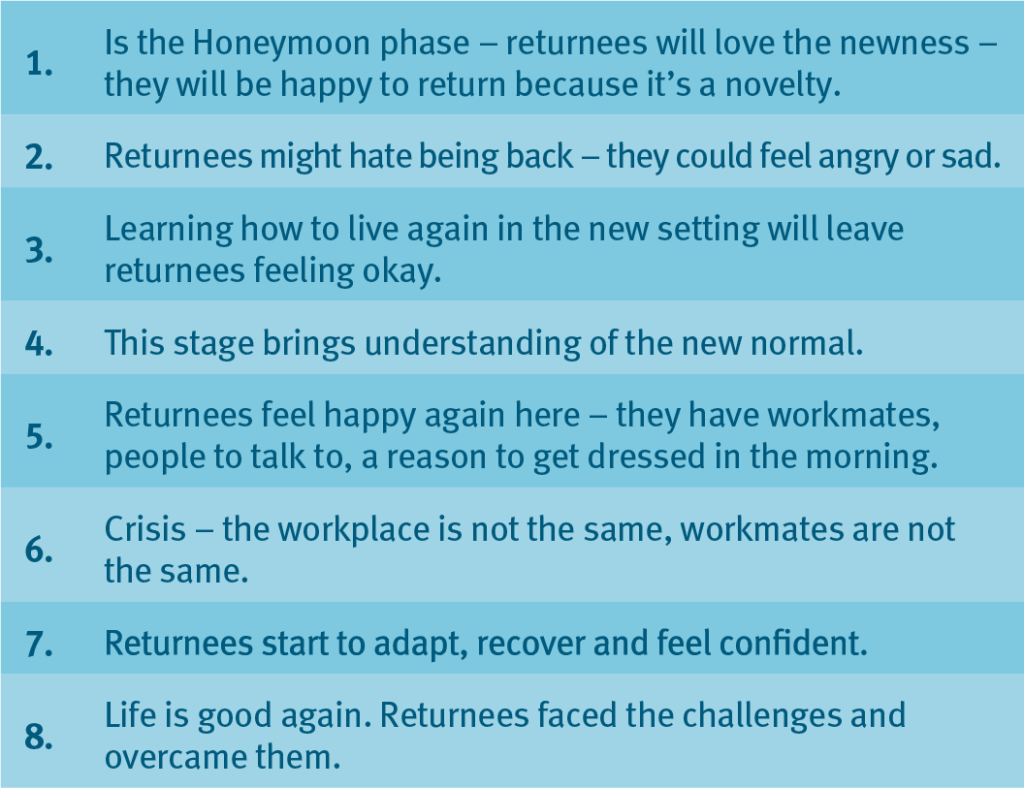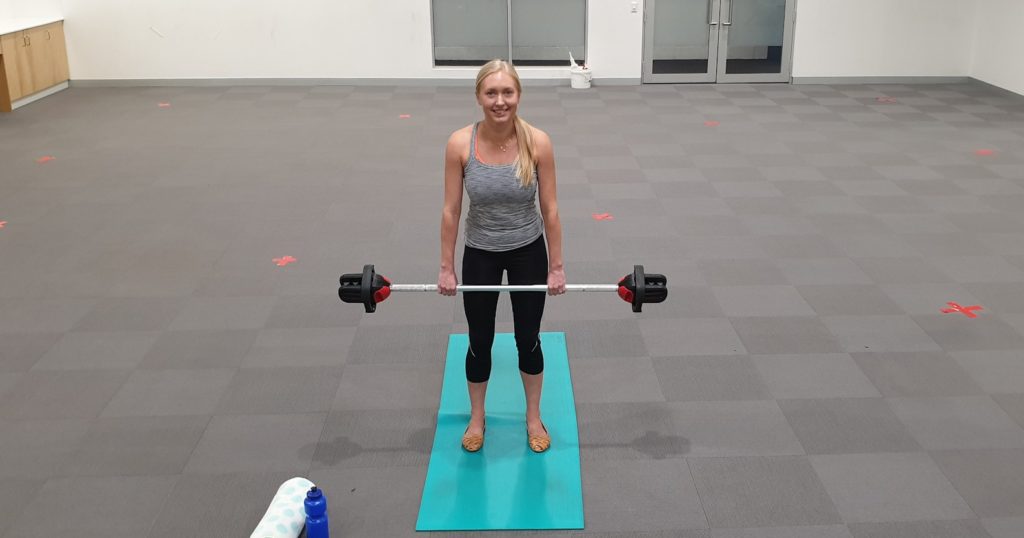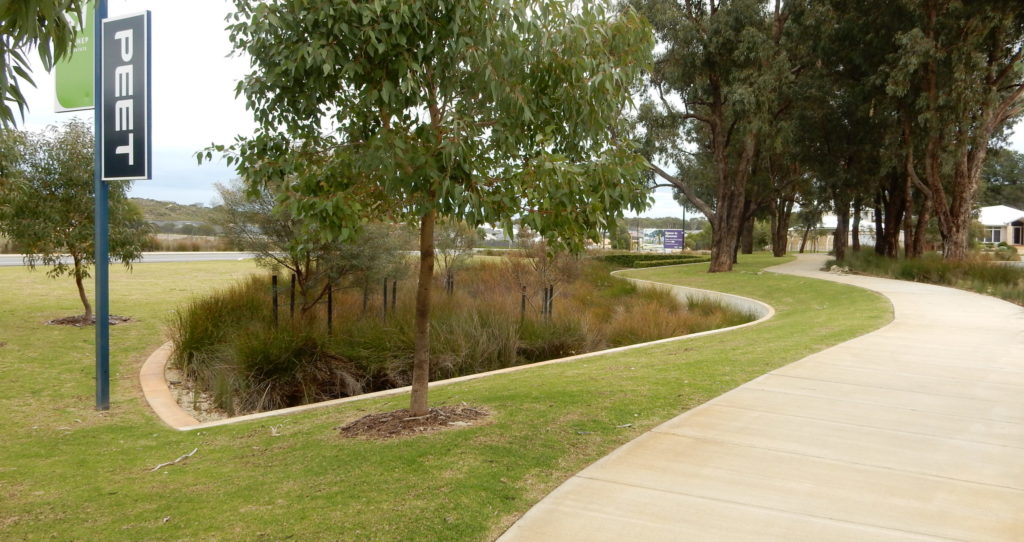Welcome to the board
LGIS WA has a new board member in Claremont councillor Paul Kelly.
Cr Kelly brings a wealth of knowledge to the role – with previous experience as board member and chairperson of the board at LGIS.

According to the Australian Bureau of Statistics, nearly half of all Australians were working from home at the start of May.
Many local government employees found they were also either working from home, stood down or redeployed into different departments.
However, with the State Government encouraging people to return to the office, with assets reopening and significant investments into local infrastructure this number is likely to change.
With loneliness reported as the greatest source of personal stress for Australians in April, getting back to normal will be great news for some employees.
But, there will be employees experiencing anxiety about returning to work and while this article was written in the context of the Coronavirus pandemic – the issues discussed would also apply to people returning from long service leave, maternity leave or an injury.
Psychologists call this anxiety – reverse culture shock or re-entry syndrome.
People who have spent a number of years overseas experience re-entry syndrome and it gets worse the longer people are away from their original workplace.
The phenomena has been extensively studied among Antarctic explorers.
In his blog, Antarctic explorer Alexander Kumar spoke extensively about his return to England after nine months away.
Upon his return, he said he experienced anxiety, apathy, feelings of loss, isolation and disorientation.
Some employees returning to the workforce after more than two months away may experience the same feelings.
Work-from-home employees probably created their own schedule outside of traditional 9 to 5 hours.
Many would have achieved greater focus at home without interruptions from co-workers or the noise of a busy workplace.
Those who were stood down would have found themselves filling their time with hobbies, exercise and extra sleep.
They may have enjoyed more time with family.
Redeployed employees may have found they enjoyed their new jobs more than the one they were originally hired for and might not want to go back to normal.
LGIS WA has a new board member in Claremont councillor Paul Kelly.
Cr Kelly brings a wealth of knowledge to the role – with previous experience as board member and chairperson of the board at LGIS.
As we look to the recovery phase of the current crisis, our focus in still on our people and integrating them successfully back to a new work environment.
According to the Australian Bureau of Statistics, nearly half of all Australians were working from home at the start of May.
Many local government employees found they were also either working from home, stood down or redeployed into different departments.
The reverse culture shock W-curve developed by John and Jeanne Gullahorn in relation to returning to the “home” culture, can apply to people returning to work.
According to the theory, the longer a person remains in a foreign culture (in our case the culture is a different working environment) the more adapted they will become to that culture.
It’s shaped like a rollercoaster because returning can leave those people affected feeling like they are on one.


The Gullahorns believe adjustment needs to happen in its own time and should not be forced.
People struggling should know there will be a period of adjustment and not everything will be the same as before.
What the rollercoaster shows more importantly is people need time to adjust.
Unfortunately, all the literature written on the subject suggests that signs people are struggling to readjust might not be immediately obvious.
However, after more than two months of change, it would be safe to assume most workers returning to offices are suffering from the feeling to a small extent.
The research indicates, people who have returned from long periods away all reported similar issues:
The best thing to do as a manager is listen to their concerns and work with HR to determine what is reasonable and achievable. Have an open mindset to determining a solution, and lead from a place of understanding, empathy and respect.
However, with time, as proven by Antarctic explorers normalcy does return and most people are better for the experience.

Western Australia fared better than many locations around the world following the coronavirus pandemic. However, COVID-19 had an overwhelming impact on local governments and exposed weaknesses within every industry.
How local governments operate in a post COVID-19 world will determine future workplace success.
Ideally, local governments will exit the crisis better than before.

As local governments prepare for the new normal of physical health safe guards including temperature checks and additional cleaning, they also need to consider how best to monitor and support employees mental health.

Following COVID lockdowns expect people to flock to outdoor areas and other local government facilities. Prior to opening these public spaces as part of Phase 3, local governments should make sure they are ready to be used.
LGIS is the unifying name for the dedicated suite of risk financing and management services for WA local governments, established by the WA Local Government Association in conjunction with JLT Public Sector (part of the Marsh group of companies). LGIS is managed by JLT Public Sector (ABN 69 009 098 864 AFS Licence 226827).
Risk Matters, via this website, is designed to keep members, their staff and elected members informed on topical risk management and insurance issues and LGIS programs and services.